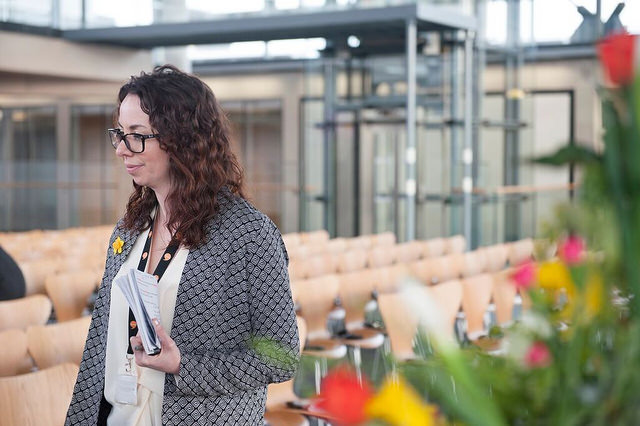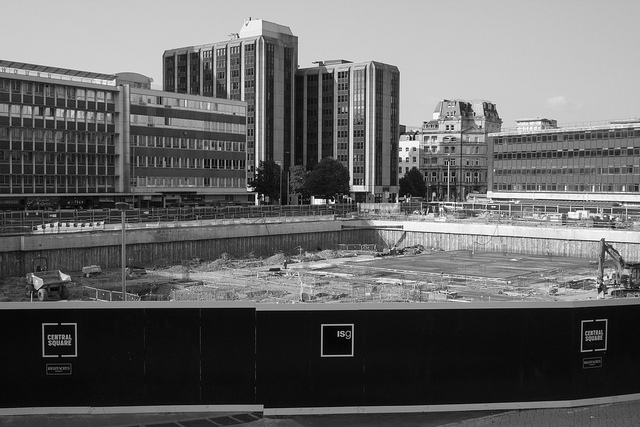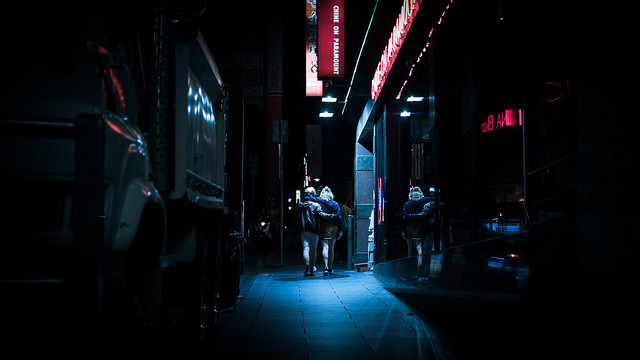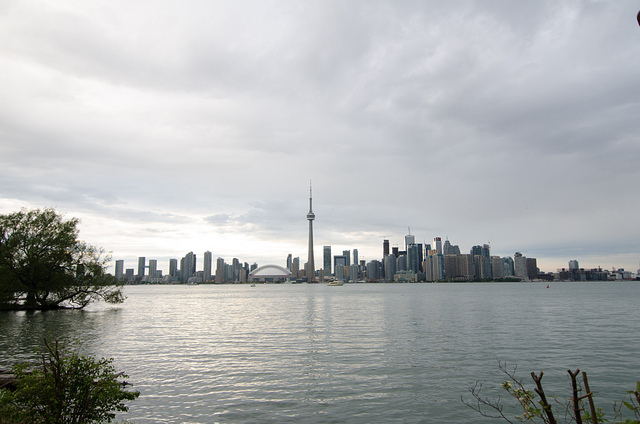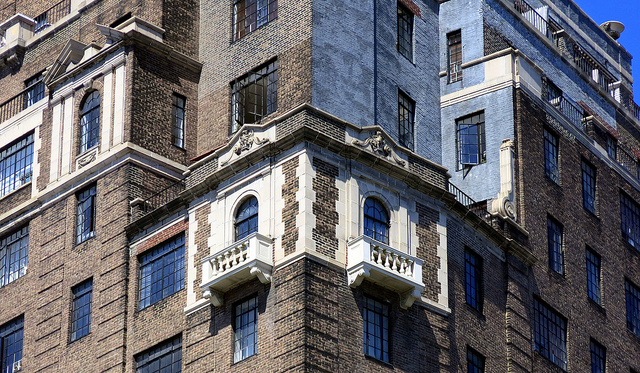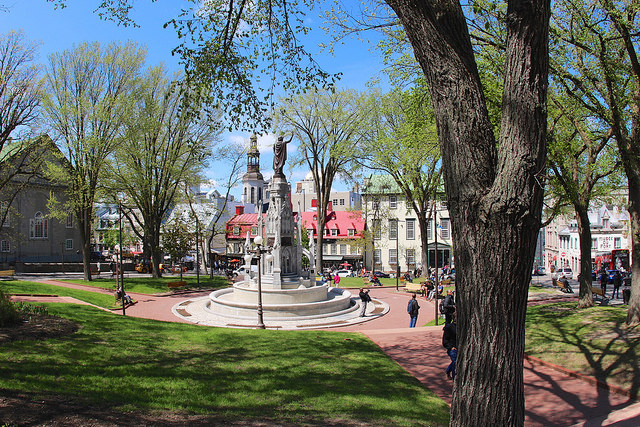A government plan to help refugee doctors who come to Wales work in the UK health care system (called NHS) has been called a success by Social Justice Minister Edwina Hart.
The Welsh Assembly Government WARD (Wales Asylum Seeking and Refugee Doctors Group) scheme was set up to help refugee doctors pass the language tests required to work in the NHS.
It also provides a drop-in centre, in partnership with the charity Displaced People in Action, which gives refugee doctors access to medical journals, the internet and other facilities.
